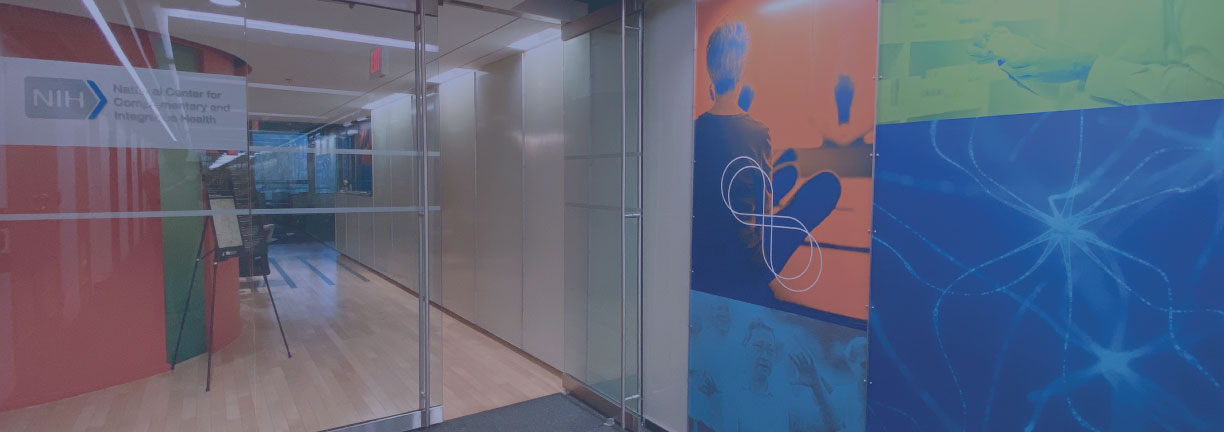Introduction

Mission
The mission of NCCIH is to determine, through rigorous scientific investigation, the fundamental science, usefulness, and safety of complementary and integrative health approaches and their roles in improving health and health care.
Vision
Scientific evidence informs decision making by the public, health care professionals, and health policymakers regarding the integrated use of complementary health approaches in a whole person health framework.
NCCIH is the lead Federal agency for scientific research on the fundamental science, usefulness, and safety of complementary and integrative treatments and practices. To address the need for objective evidence on the safety and efficacy of these approaches, NCCIH supports rigorous scientific investigation to better understand how these interventions impact health, for whom, and the optimal methods of practice and delivery.
NCCIH supports research on a diverse group of nondrug and noninvasive health practices encompassing nutritional, psychological, and physical approaches that may have originated outside of conventional medicine, many of which are gradually being integrated into mainstream health care. These include natural products, such as dietary supplements, plant-based products, and probiotics, as well as mind and body approaches, such as yoga, massage therapy, meditation, mindfulness-based stress reduction, spinal/joint manipulation, and acupuncture. In clinical practice, these approaches are often combined into multicomponent therapeutic systems, such as traditional Chinese medicine, Ayurveda, chiropractic, osteopathy, and naturopathy, that have distinctive underlying diagnostic and theoretical frameworks. Integrative health care seeks to bring conventional and complementary approaches together in a safe, coordinated way with the goal of improving clinical care for patients, restoring health, promoting resilience, and preventing disease.
NCCIH, formerly known as the National Center for Complementary and Alternative Medicine (NCCAM), was created more than 20 years ago to facilitate the study and evaluation of complementary and alternative medical practices and to disseminate the resulting information to the public. At that time, these practices were growing in popularity and availability, but little was known about their safety and efficacy. In addition, people rarely discussed their use of complementary approaches with their health care providers; many were unaware that certain natural products may interfere with prescribed medications; and some used these approaches as an alternative to conventional medical care. NCCIH was created to address this scientific and public health need. In addition, NCCIH has worked to advance the position that evidence-based complementary therapies should be “integrated” with and not used as an “alternative” to conventional medicine. The name of the Center was changed in 2014 from NCCAM to NCCIH to reinforce this position. In the last 20 years, the Center has helped build the infrastructure to conduct rigorous scientific research on complementary health approaches. The Center has expanded the scientific knowledge base around these practices and established resources to disseminate this information to the public–ultimately impacting their use. As we look to the future, NCCIH will build upon the foundation established over the last 20 years to propel the field forward.